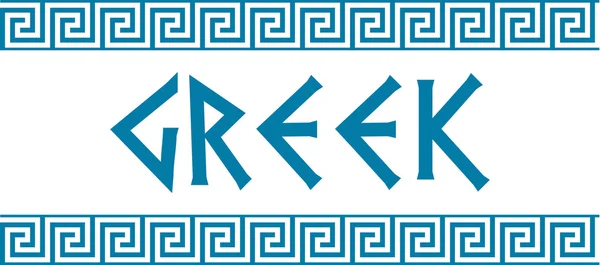Believe me, if you make Arete your way of life, your life will never be the same again…
…You will be happy always!
Have you ever thought what is the importance of excellence in life? Why you are encouraged to excel in every field of life?

The process starts right from childhood and continues till we retire and sometimes even after that. The term “excellence” has ruled the roost in my life as I was made to excel in life always, without realizing the amount of pressure I was subjected to. But those were different times…you could not express yourself. So, growing up “excellence” became my way of life. It helped me a lot in the long run. When we strive for excellence, we feel satisfied with a job well done. We learn from our mistakes and do not let them define us. We enjoy the process, not just the outcome of our endeavours. And we remain flexible and can adjust our standards and goals as needed.
You should note that “excellence” is never an accident. It is always the result of high intention, sincere effort, and intelligent execution; it represents the wise choice of many alternatives – choice, not chance, determines your destiny. Doing every work with dedication and precision leads to excellence. Unfortunately, not many people appreciate it and remain mediocre all their life.
So, from where did the term “excellence” originate and become a worldwide phenomenon?
For the unversed, Arete (Ancient Greek: ἀρετή, romanized: aretḗ) is a concept in ancient Greek thought that, in its most basic sense, refers to “excellence” of any kind—especially a person or thing’s “full realization of potential or inherent function.” The term may also refer to excellence in “moral virtue.”
Arete is a concept that was central to the values and philosophy of the ancient Greek world. The term shows up in the seminal texts of the Greek world. Plato employs it in his Allegory of the Cave and Homer uses it in the Odyssey and Iliad. Aristotle writes of Arete in Ethics.

As a philosophical concept in ancient Greek thought, Arete means “excellence” of any kind. In its original context, this notion of “excellence” is inextricably linked with an individual’s fulfilment of purpose. Arete is the act of living to one’s full potential.
The ancients linked the concept of Arete to bravery, but more often with effectiveness. The person of Arete is of their highest effectiveness. It is someone who can employ all their faculties – social, intellectual, emotional – to achieve a life well-lived or to live bravely. It is the act of causing to the fullest the abilities and potentialities within ourselves.
Arete means a pursuit of excellence to fulfil one’s purpose. Arete is living up to one’s potential. Living with Arete means having a sense of where one is heading and setting out on that journey to realize what can be accomplished. It implies doing this with competence, precision, and as it must be done.
Arete also implies a sense of effectiveness. Pursuing one’s purpose is a series of tasks and choices. Making efficient decisions, solving problems, and moving one closer towards accomplishing a goal requires efficiency. One must accomplish tasks, identify new challenges, and move on to the next things.
Now, that you have understood Arete and if you inculcate it in your life, you will be able to embrace happiness for yourself and those around you. Now, that you are on the way to achieving “excellence” you should pursue your happiness journey.

But it should be understood that happiness can often twist on itself when you make it the goal of your actions. Getting the dream job, spouse or millions leaves you as unhappy as you were before. Pursuing happiness completely may also feel somewhat shallow as if the entire point of your existence rests on a few neurotransmitters. Happiness can often twist on itself when you make it the goal of your actions. Getting the dream job, spouse or million dollars leaves you as unhappy as you were before. Pursuing happiness completely may also feel somewhat shallow as if the entire point of your existence rests on a few neurotransmitters in your brain.
Let’s see how pursuing service and purpose is decoded by Gurudev
“At first, I thought that life was joy. Then I learned that life was a duty. Finally, I acted and, behold, duty was joy.” – Rabindranath Tagore

Instead of using words like “happiness” or “purpose” you should prefer the word Arete. Arete covers the idea that there is an “excellence” in everything. Pursuing that excellence, whether it creates happiness for yourself or service for others, should be your goal. This way we notice that both happiness and service are subsets of the larger domain of arete.
“And what is good, Phaedrus, and what is not good — Need we ask anyone to tell us these things?” – Socrates





